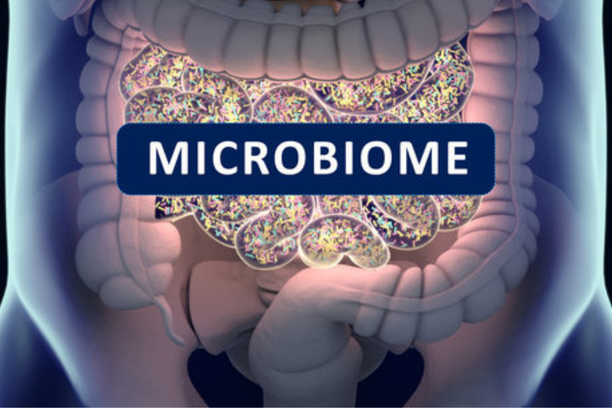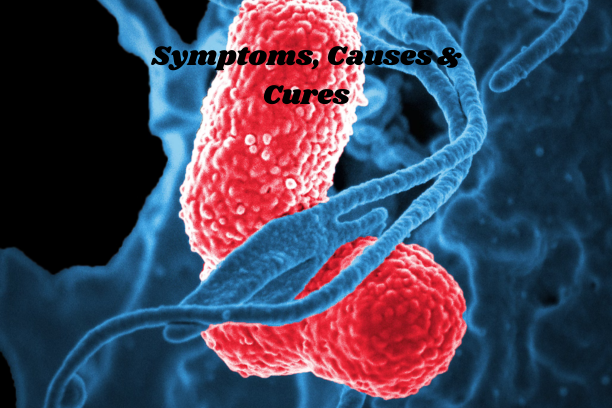The Gut-Brain Connection in 2025
In 2025, the science behind gut mental health 2025 and overall wellbeing is stronger than ever. Moreover, studies across the UK, USA, and Canada reveal how the gut microbiome communicates with the brain through the vagus nerve, neurotransmitters, and immune signaling. This two-way communication, known as the gut-brain connection, plays a crucial role in regulating mood, stress, and cognitive function. A balanced gut microbiome is now seen as essential for maintaining emotional health. This growing awareness has led to a surge in demand for personalized gut health strategies and microbiome testing.
2. Understanding the Microbiome’s Role in Mental Health
The gut microbiome is a complex community of bacteria, fungi, and other microbes that reside in your digestive tract. These microorganisms influence everything from digestion to immune function. Importantly, they also produce short-chain fatty acids (SCFAs), neurotransmitters like serotonin, and other molecules that affect brain health. When the gut flora balance is disrupted due to poor diet, antibiotics, or stress—it can lead to chronic inflammation, compromise your intestinal microbiota, and disrupt the body’s ability to regulate emotions. Emerging therapies in the USA and UK are now integrating gut-focused treatments for anxiety, depression, and mood swings.
3. Signs Your Gut Is Affecting Your Mood
Your gut may be trying to tell you something when you experience unexplained emotional and physical symptoms. Mental health issues like anxiety, depression, brain fog, and poor concentration can stem from gut imbalance. Physical symptoms including bloating, fatigue, irregular bowel movements, and even skin conditions like eczema or acne are often linked to an unhealthy gut microbiome. In Canada, integrative clinics now commonly assess gut health as a first step in treating chronic mental health conditions. Addressing these symptoms early helps not only your digestion but also your emotional balance and overall quality of life.

4. Top Foods That Support the Gut-Brain Axis
Your diet plays a significant role in nurturing both your microbiome and mental health. Some of the most effective gut-brain foods include:
- Yogurt with live cultures to introduce beneficial bacteria
- Fermented foods like Kimchi and Sauerkraut, which are rich in probiotics
- Prebiotic-rich foods such as bananas, garlic, and oats, which feed good bacteria
- Omega-3 fatty acids from walnuts and salmon for anti-inflammatory effects
- High-fiber vegetables like broccoli and spinach to aid digestion
- These probiotic-rich foods support a balanced microbiome and enhance the production of mood-boosting neurotransmitters. Across the UK and North America, many wellness brands are now offering gut-friendly meal kits to simplify healthy eating.
5. Lifestyle Habits to Improve Gut and Mental Health 2025
Food is only one part of the gut health equation. In 2025, lifestyle medicine is a major focus. To improve gut and emotional wellbeing, consider the following habits:
- Get 7–8 hours of quality sleep nightly
- Practice mindfulness or meditation to lower stress hormones
- Engage in regular physical activity, such as walking or yoga
- Maintain hydration and support regular bowel movements
- Incorporate digestive enzymes or herbs to protect your intestinal lining
Many people in the USA and Canada have adopted daily gut health routines including journaling, deep breathing, and probiotic supplementation. These practices support a resilient gut-brain axis, especially in high-stress environments.
6. Should You Try Supplements or Tests?
If symptoms persist, supplements and diagnostic tests can help tailor a gut health strategy. Top options for 2025 include:
- Probiotic supplements: especially those targeted for age or condition (e.g., probiotics for over 50s)
- Prebiotic fibers: to promote long-term microbial diversity
- Personalized microbiome tests: now available via home kits in the UK and USA
- Microbiome diet plans: crafted based on test results to restore balance
Doctors across North America and Europe now include these in functional medicine protocols for treating mood disorders. In Canada, parents are increasingly opting for child-safe probiotics with pediatric guidance. Testing helps uncover imbalances that traditional medical exams often miss.
7. Expert Recommendations for mental health 2025 and Beyond
Healthcare professionals emphasize that your gut should be a top priority when addressing mental health. Functional medicine practitioners in the UK, USA, and Canada now recommend:
- A probiotic- and prebiotic-rich diet
- Regular exercise and mind-body practices
- Tailored supplementation based on microbiome testing
Additionally, geo-specific approaches like UK-based gut-healing recipes, Canadian immune-supporting probiotics, or affordable US-based gut supplements make these strategies more accessible. Long-term, a balanced gut can help prevent not only mental health issues but also metabolic and autoimmune diseases.
8. Conclusion: Balance Your Gut, Balance Your Mind
Your gut does more than digest food it plays a direct role in your emotions and mental clarity. In 2025, this connection is backed by powerful research from institutions across the UK, USA, and Canada. By improving your diet, adopting gut-healthy habits, and considering tests or supplements, you can take control of your emotional health. Whether you’re exploring UK gut-friendly recipes, looking for the best probiotic brands in Canada, or trying budget-friendly US supplements, your journey to better mental health starts with your gut.
Stay informed, listen to your body, and prioritize your microbiome. Because a healthy gut truly means a healthier, happier mind.




